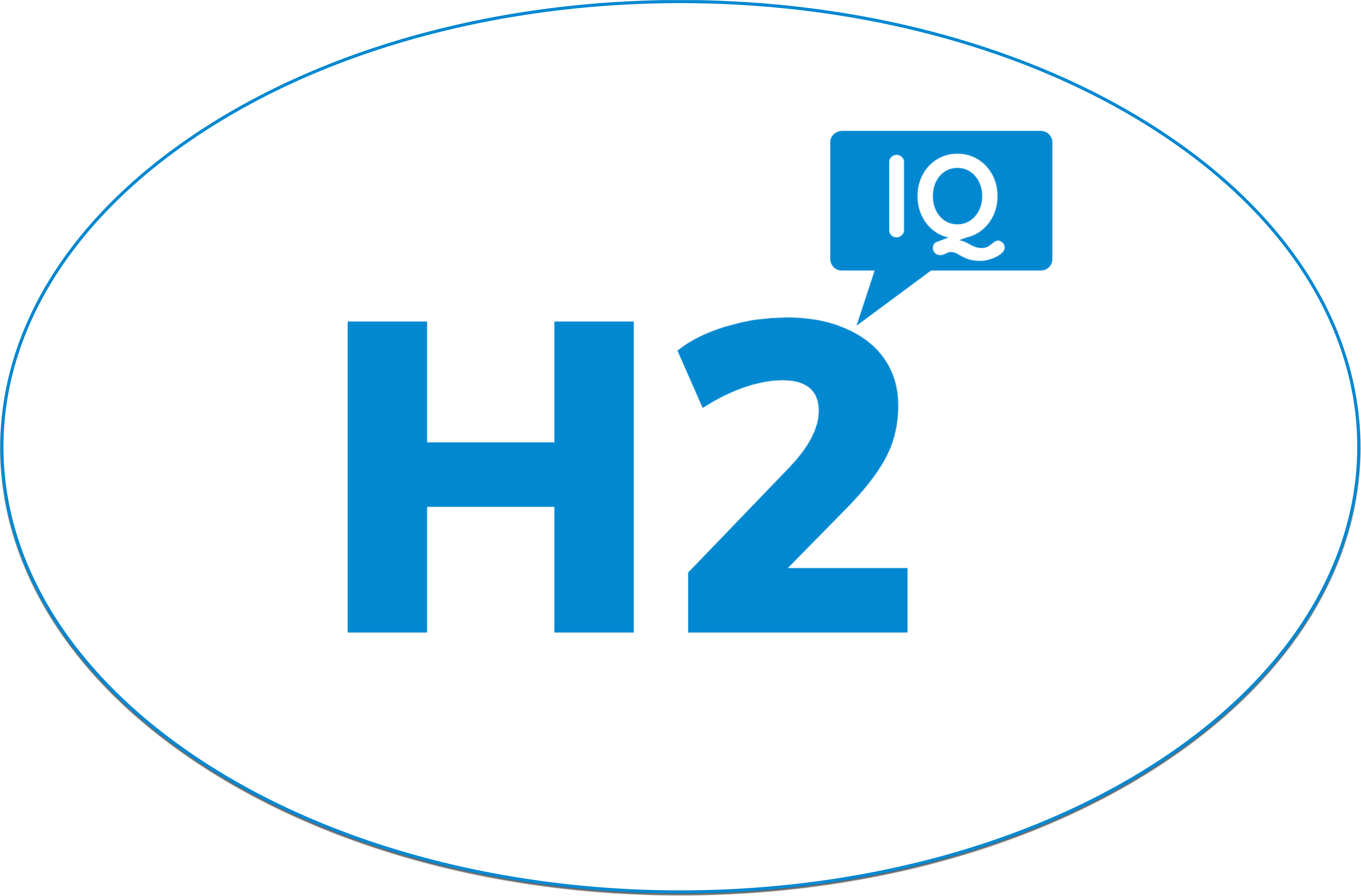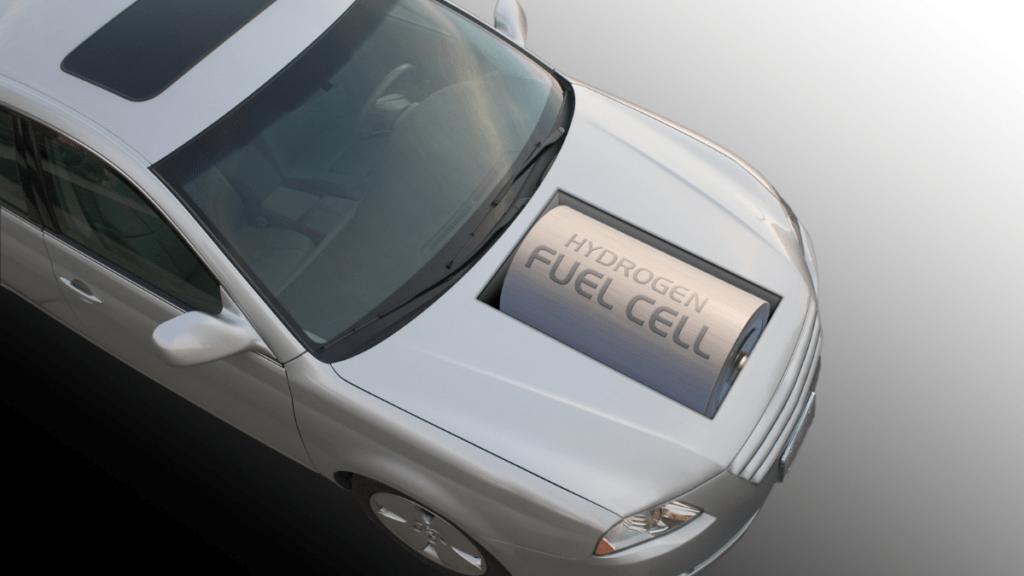
As the world pivots towards adopting electric vehicles to reduce carbon emissions in the automobile industry, it’s imperative not to overlook another viable option with immense potential of taking zero-emission vehicles to new heights. We’re talking about hydrogen-powered vehicles, which have not yet received the same level of recognition as their counterpart electric vehicles. While millions of EVs have already been sold, hydrogen vehicles are still in their early stages of commercialization and have yet to attain significant market penetration. This can be attributed to a number of factors, including scarcity of refueling stations, technological adaptation challenges, and production hurdles. However, dare we say, the future of hydrogen fuel cell vehicles seems bright, as numerous established automakers such as BMW, Toyota, Hyundai, Honda, and others are investing heavily in the development of this cutting-edge technology. As a result, this will give consumers more options beyond the current limited offerings of models like the Toyota Mirai and Hyundai Nexo. With that being said, we are excited about the prospect of the hydrogen cars that will grace our roads in the near future. These 10 vehicles, currently in prototype or concept phases, are poised to set a new precedent in the zero-emission vehicle landscape.
10BMW iX5 Hydrogen
Side shot of a BMW iX5 Hydrogen on a test drive in the freezing temperatures of northern Sweden
BMW has been working on hydrogen fuel cell technology since 2000 and firmly believes these zero-emission vehicles will play a crucial role in combating global climate change, alongside battery-electric vehicles (a possibly perfect combo). In a bid to become a carbon-neutral company by 2050, BMW is accelerating its hydrogen vehicles development game. The German brand has already started creating its own fuel cells, the first of which will bring the BMW iX5 Hydrogen to life. Unveiled in 2021 and based on the iNext Hydrogen prototype, the BMW iX5 SUV is retrofitted with an electric motor, battery, and a fuel-cell stack. The fuel cell electric system boasts a combined 374 horsepower. According to BMW, it has a top speed of 118 mph and takes less than seven seconds to accelerate from zero to 62 mph. With an impressive estimated driving range of 310 miles, this hydrogen-powered machine’s performance won’t even flinch at freezing temperatures. As per BMW, the iX5 Hydrogen achieved its full driving range even during cold-weather testing at minus 20 degrees (something that only EVs can envy). Now, a small-series production of the BMW iX5 Hydrogen model has already begun, with testing set to take place in selected regions from spring 2023.





